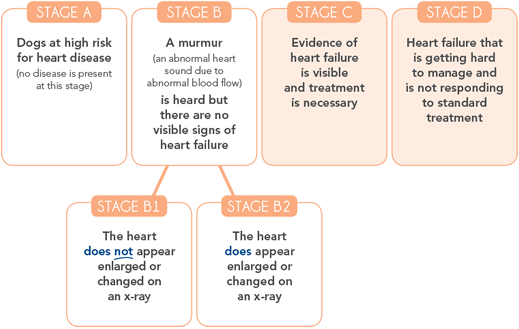Pancreatic cancer in dogs
Pancreatic Cancer In Dogs. A canine pancreatic cancer diagnosis requires immediate care from canine cancer specialists. In extreme cases the dog may also show signs of pancreatic insufficiency. As this happens your pet will lose out on nourishment that he would otherwise be eating and his weight will gradually and consistently go down. Insulinoma is caused by cancerous growth on the pancreas.
 Exocrine Pancreatic Cancer The National Canine Cancer Foundation From wearethecure.org
Exocrine Pancreatic Cancer The National Canine Cancer Foundation From wearethecure.org
Usually a vet can feel a mass in an affected dogs abdomen. Without a functioning pancreas dogs can become weak and suffer neurological problems. The different forms of pancreatic cancer in dogs will produce a host of different symptoms. In extreme cases the dog may also show signs of pancreatic insufficiency. Pancreatitis is inflammation of the pancreas an organ that sits next to the stomach. That doesnt mean any tumor found in the pancreas is cancerous - there are non-cancerous or benign tumors that are sometimes found in the pancreas called adenomas but unfortunately these occur a lot less commonly.
Many symptoms of pancreatic cancer in dogs are non-specific.
Sometimes a dog with pancreatic cancer may also have pancreatitis inflammation of the pancreas. As this happens your pet will lose out on nourishment that he would otherwise be eating and his weight will gradually and consistently go down. Pancreatic Adenocarcinoma in Dogs A carcinoma is a type of malignant tumor found in both humans and animals and tends to be particularly malignant with recurring growth after surgical excision. The underlying cause of pancreatic cancer in dogs is not clear. Pancreatic cancer in dogs can be classified as being primary problem started in the pancreas or secondary cancer reached the pancreas from another area of. Usually a vet can feel a mass in an affected dogs abdomen.
 Source: wagwalking.com
Source: wagwalking.com
Pancreatic cancer in dogs is either Primary or Secondary. If your dog is displaying any of the signs of pancreatic cancer listed below its important to get your pooch to the vet for an examination as soon as possible. A dog with pancreatic cancer may show signs such as. Symptoms include abdominal pain vomiting and weight loss. Dogs with pancreatic cancer oftentimes have a difficult time eating sufficient amounts of food.
 Source: wearethecure.org
Source: wearethecure.org
If your dog is displaying any of the symptoms listed below its important to get your pup to the vet for an examination as soon as possible. Causes of Pancreatic Cancer Insulinoma in Dogs. One affects the pancreas exocrine cells that produce enzymes and one affects the endocrine cells which produce insulin. As this happens your pet will lose out on nourishment that he would otherwise be eating and his weight will gradually and consistently go down. Both tumors are more common in dogs than cats.
 Source: vcahospitals.com
Source: vcahospitals.com
A dog with pancreatic cancer may show signs such as. The underlying cause of pancreatic cancer in dogs is not clear. If your dog is displaying any of the signs of pancreatic cancer listed below its important to get your pooch to the vet for an examination as soon as possible. Pancreatic Adenocarcinoma in Dogs A carcinoma is a type of malignant tumor found in both humans and animals and tends to be particularly malignant with recurring growth after surgical excision. Pancreatic cancer in dogs is either Primary or Secondary.
 Source: canna-pet.com
Source: canna-pet.com
There are two main types of pancreatic tumors in dogsinsulinomas and adenocarcinomas. Sometimes a dog with pancreatic cancer may also have pancreatitis inflammation of the pancreas. Pancreatic insufficiency means that the pancreas cannot produce enough amounts of enzymes to digest foods properly ie. Once your dog receives a diagnosis of tumors in the pancreas the veterinarians treating your pet will compile a treatment plan that they believe is. Pancreatic cancer in dogs is either Primary or Secondary.
 Source: onlinelibrary.wiley.com
Source: onlinelibrary.wiley.com
The most common form of pancreatic cancer seen in dogs is insulinoma followed by adenocarcinoma. In extreme cases the dog may also show signs of pancreatic insufficiency. Many symptoms of pancreatic cancer in dogs are non-specific. If your dog is displaying any of the signs of pancreatic cancer listed below its important to get your pooch to the vet for an examination as soon as possible. There are two main types of pancreatic tumors in dogsinsulinomas and adenocarcinomas.
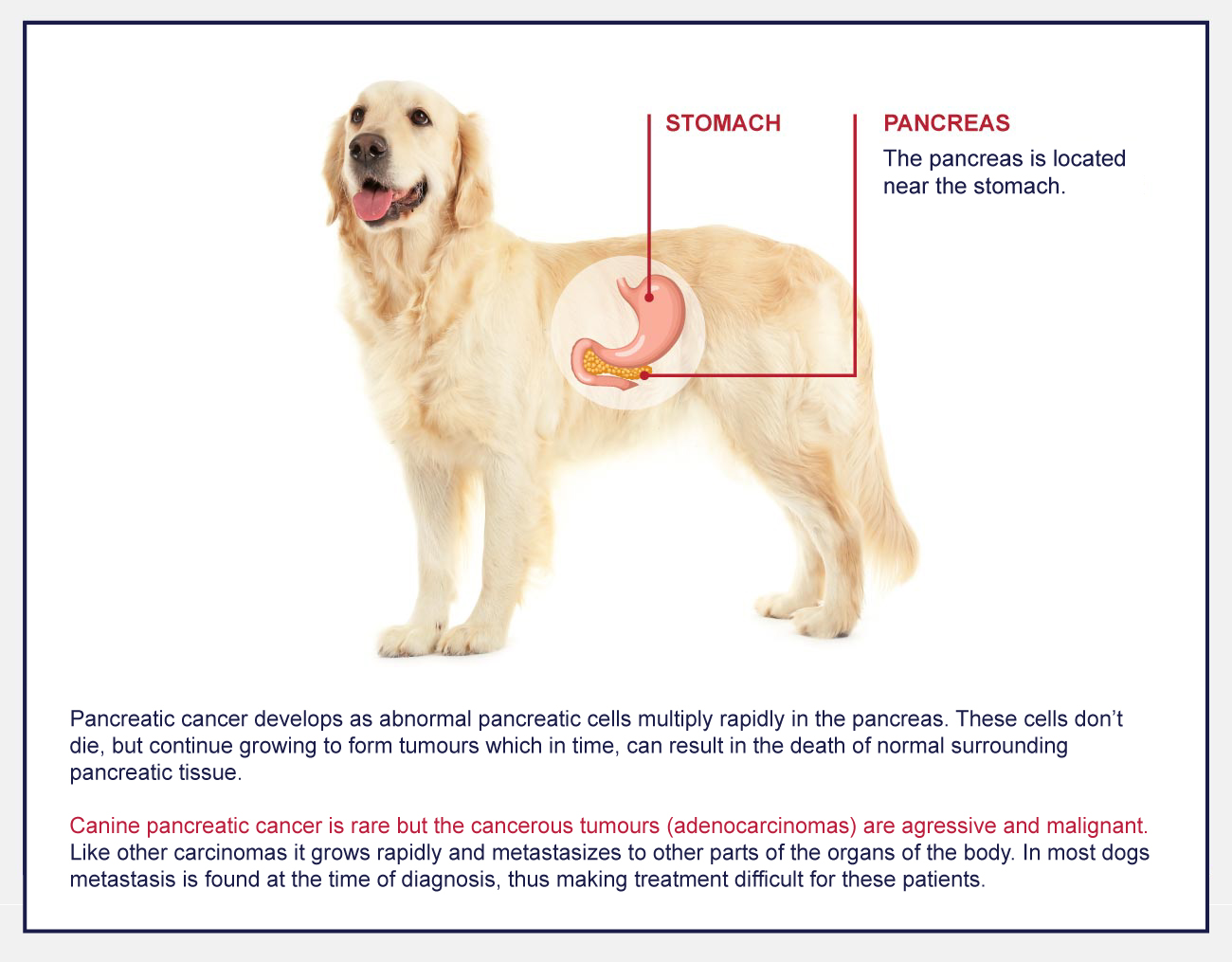 Source: petlifeca.ca
Source: petlifeca.ca
Usually a vet can feel a mass in an affected dogs abdomen. Larger breed dogs such as Boxers German Shepherds Irish Setters and Golden Retrievers have a greater tendency to develop pancreatic cancer. Sometimes a dog with pancreatic cancer may also have pancreatitis inflammation of the pancreas. Pancreatic Cancer in Dogs The Prognosis As noted pancreatic tumors are often malignant meaning that there is. Twenty-three cases of canine exocrine pancreatic carcinoma were reviewed in a retrospective manner to obtain information on clinical presentation behaviour and survival associated with the disease.
 Source: innovetpet.com
Source: innovetpet.com
You may notice that your pets overall appetite has diminished as a result of his tumorous growth. You may notice that your pets overall appetite has diminished as a result of his tumorous growth. One affects the pancreas exocrine cells that produce enzymes and one affects the endocrine cells which produce insulin. Insulinoma is caused by cancerous growth on the pancreas. The Three Types of Pancreatic Cancer Found in Dogs.
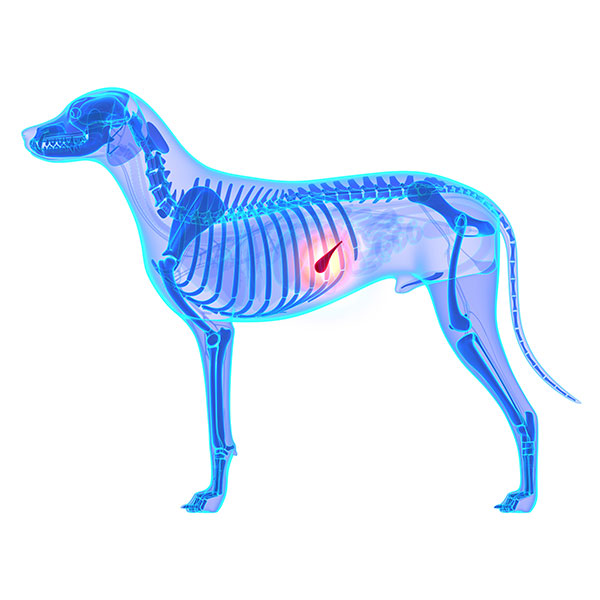 Source: akc.org
Source: akc.org
Symptoms include abdominal pain vomiting and weight loss. A dog with pancreatic cancer may show signs such as. Insulinomas are the most common type of pancreatic tumor followed by adenocarcinomas. Pancreatic adenocarcinomas cancers affecting enzyme-secreting cells are more common – and much more aggressive – than insulinomas. Many symptoms of pancreatic cancer in dogs are non-specific.
 Source: innovetpet.com
Source: innovetpet.com
Pancreatic adenocarcinomas cancers affecting enzyme-secreting cells are more common – and much more aggressive – than insulinomas. Dogs with pancreatic cancer oftentimes have a difficult time eating sufficient amounts of food. A canine pancreatic cancer diagnosis requires immediate care from canine cancer specialists. Large breed dogs and Siamese cats may be. Pancreatic cancer in dogs is either Primary or Secondary.
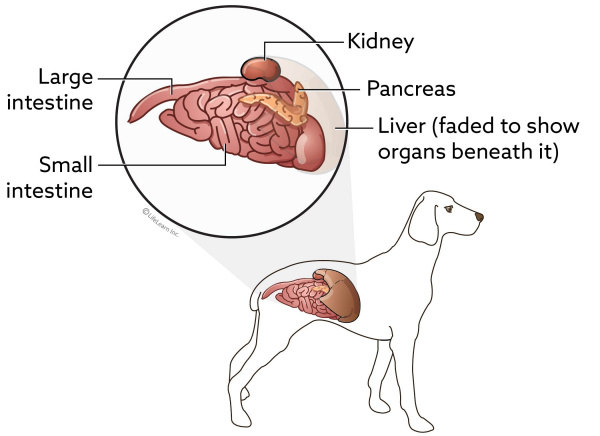 Source: vcahospitals.com
Source: vcahospitals.com
In extreme cases the dog may also show signs of pancreatic insufficiency. Dogs with pancreatic cancer oftentimes have a difficult time eating sufficient amounts of food. Pancreatic Adenocarcinoma in Dogs A carcinoma is a type of malignant tumor found in both humans and animals and tends to be particularly malignant with recurring growth after surgical excision. A canine pancreatic cancer diagnosis requires immediate care from canine cancer specialists. Pancreatic cancer in dogs can be classified as being primary problem started in the pancreas or secondary cancer reached the pancreas from another area of.
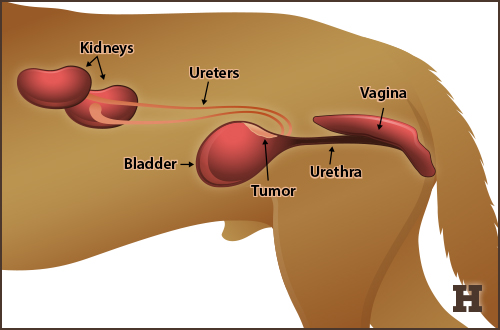 Source: caninecancerdiet.com
Source: caninecancerdiet.com
Both types of cancer typically originate in the pancreas and are typically malignant. Pancreatic Adenocarcinoma in Dogs A carcinoma is a type of malignant tumor found in both humans and animals and tends to be particularly malignant with recurring growth after surgical excision. Once your dog receives a diagnosis of tumors in the pancreas the veterinarians treating your pet will compile a treatment plan that they believe is. Exocrine tumors include adenomas and adenocarcinomas and endocrine tumors include insulinomas gastrinomas and glucagonomas. Twenty-three cases of canine exocrine pancreatic carcinoma were reviewed in a retrospective manner to obtain information on clinical presentation behaviour and survival associated with the disease.
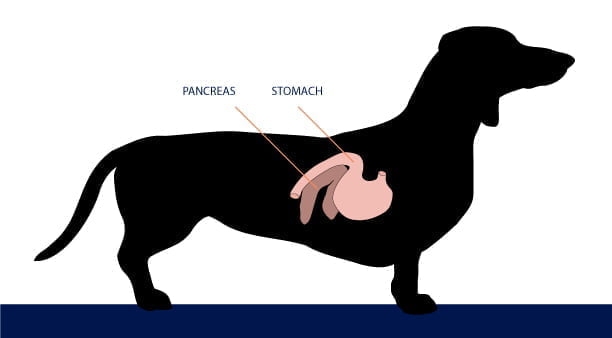 Source: petlifeau.com
Source: petlifeau.com
Additionally a dogs age can be a factor with middle-aged and older dogs more prone to pancreatic cancer. Insulinoma is caused by cancerous growth on the pancreas. Additionally a dogs age can be a factor with middle-aged and older dogs more prone to pancreatic cancer. Without a functioning pancreas dogs can become weak and suffer neurological problems. Large breed dogs and Siamese cats may be.
If you find this site adventageous, please support us by sharing this posts to your own social media accounts like Facebook, Instagram and so on or you can also bookmark this blog page with the title pancreatic cancer in dogs by using Ctrl + D for devices a laptop with a Windows operating system or Command + D for laptops with an Apple operating system. If you use a smartphone, you can also use the drawer menu of the browser you are using. Whether it’s a Windows, Mac, iOS or Android operating system, you will still be able to bookmark this website.





